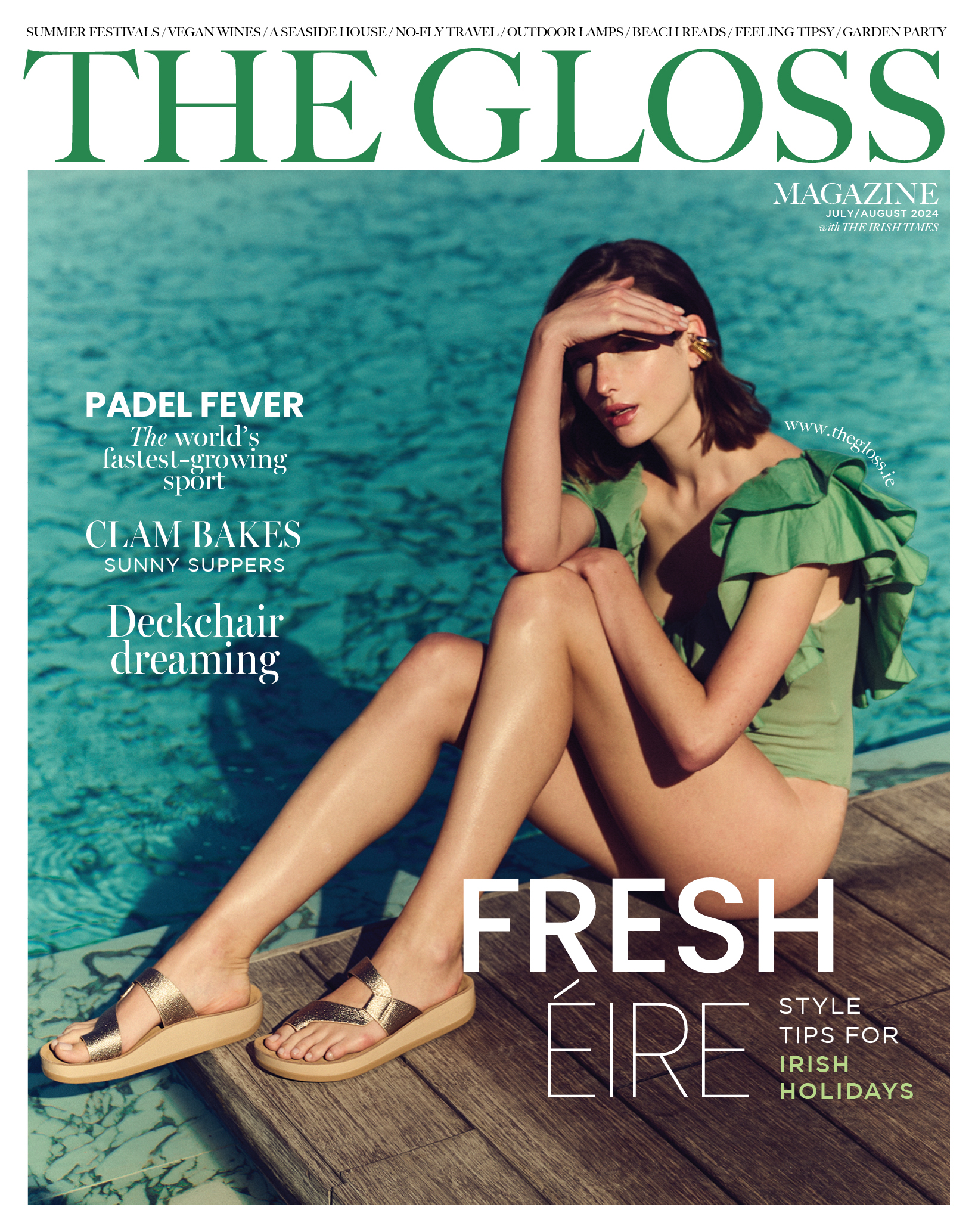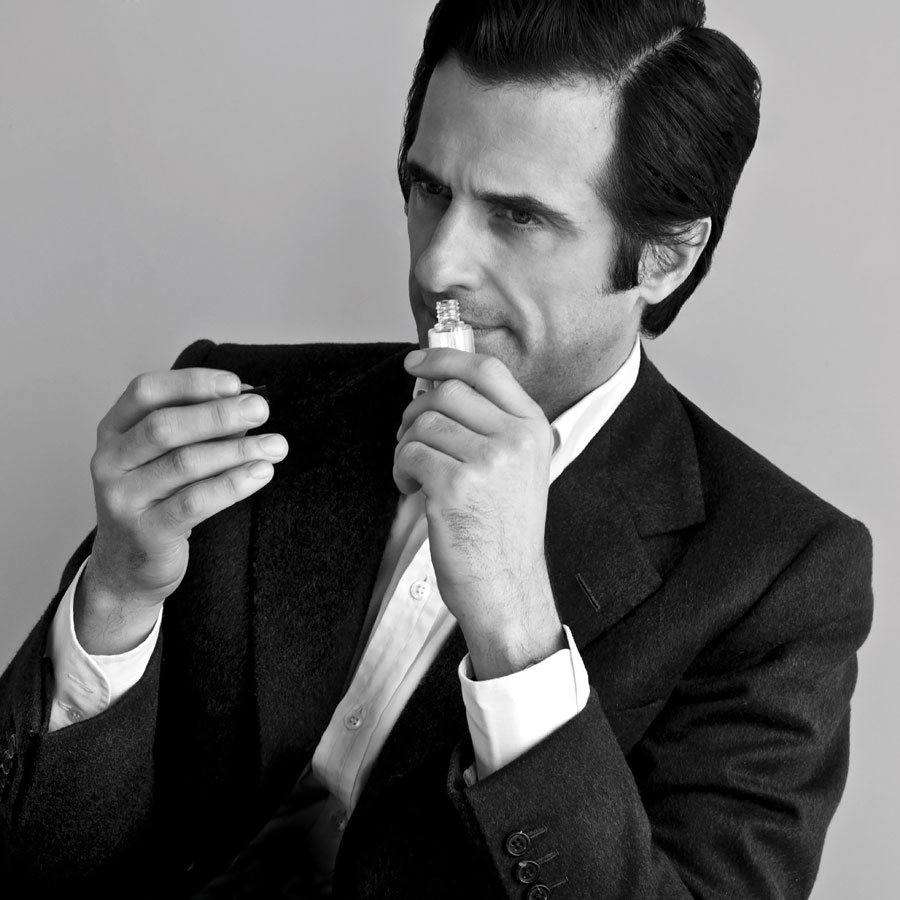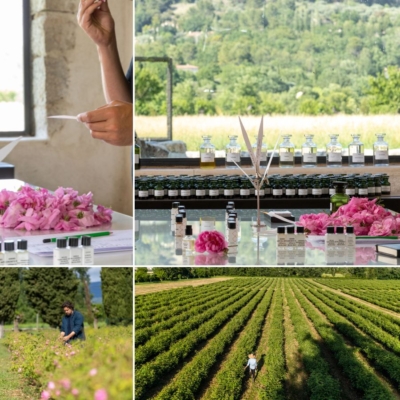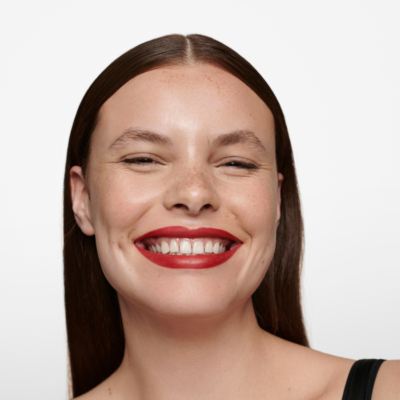Chanel’s perfumer extraordinaire Olivier Polge is blazing a trail. In an exclusive interview, he talks stardust and skin scents with Sarah Halliwell …
How do you capture stardust in a bottle? That’s the somewhat nebulous challenge Olivier Polge, Chanel’s perfumer since 2015, set himself for Comète, the 19th eau de parfum in the Les Exclusifs collection. Comète joins this firmament of scents that span more than a century, with four dating back to the 1920s, created by N°5 perfumer Ernest Beaux. “These are very singular scents – they are for the people who don’t want to smell the same as everyone else,” explains Polge. The antithesis of mass-market perfumery, they “might not please everyone”.
Each is inspired by an element of Gabrielle Chanel’s life, from places (La Pausa, 31 Rue Cambon), to people (Boy, Misia) and symbols (Le Lion, Beige). And the visual starting point for Comète was the designer’s 1932 jewellery collection (below), with its comet depicted in sparkling diamonds.
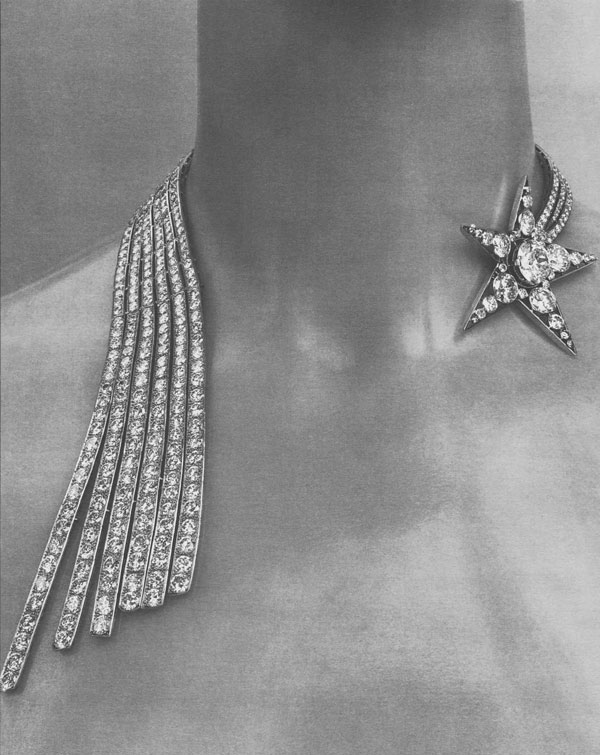
“Comète” necklace by Gabrielle Chanel, 1932, photograph by Robert Bresson. ©Adagp.
While there’s a mainstream addiction to super-sweet gourmand scents right now, here we travel light years beyond patisserie. Yes, there is something delicious about the warm, almondy opening, but Comète sidesteps caramel and candy. “This is not a gourmand scent at all,” confirms Polge, who uses flowers – rather than the more obvious vanilla – to create warmth here. The perfumer summarises Comète as “powdery, luminous and optimistic.” And yes, powdery is key: Comète has a distinctly feminine vibe (though all Exclusifs are gender-free). Jettison your preconceptions about powdery, by the way: in Polge’s hands it’s something effortlessly chic. Timeless. For me, it echoes his debut for Chanel, Misia, with its lipstick and powder violet-rose. The perfumer enjoys the different references people uncover.
“I started with the idea of glow and the impression of stardust,” the softly spoken perfumer explains. “I found it interesting to gather powdery notes, but to stay very luminous at the same time, and that’s not the obvious way. I gathered ingredients that were not only powdery but also flowery at the same time.” He played on notes of heliotrope, iris extract and musk, “certain almondy notes that remind me of cherry blossom – fruity and citrussy with a warm, almondy undertone.” Iris-lovers will be drawn by its key role: “the shape of this perfume is very much held by what we generally call the back notes – iris and heliotrope. Iris, which we grow ourselves in the south of France, is very important – not exactly floral, powdery or woody but all those three at the same time.” Les Exclusifs each have a depth, texture and “density” in common, conjured by Chanel’s singular raw materials; Comète glows with a radiance, too.

The current buzzword in perfume is “skin scents” – that idea of an intimacy, something that makes you instinctively draw closer to breathe it in. And, as with Polge’s subtle play on musks, 1957, Comète has that quietly personal magnetism as well as an immediate impact. “There is something enveloping and a softness that works well with the skin,” he says. “It’s a very comfortable scent – there is nothing sharp about it. The contact with scent has to be sensual.” He says all this with profound modesty and hesitation, by the way: like his scents, there is nothing showy about Polge, who’d rather use his skill than talk about it. “It’s diffcult to speak about perfume,” he says. “It stays unconscious. It’s not visual. There’s no common language. Even talking about raw materials is difficult. It’s never finished. All perfumes are an inspiration.”
He’s only the fourth Chanel perfumer, ever, taking up the reins from his father Jacques (Henri Robert came after Ernest Beaux, from 1954 to 1978). Can this skill be passed down? “I should be wise and say it’s purely inherited! But no, this is something you can learn. People think you have to have a nose that’s better than anyone else, that you can smell details that no one else can, but it’s not true. It’s more about building on and developing your awareness of scent. It is interesting because we all have a good memory of scent, but we just don’t exercise it. We all have these scents stored in our mind, but when you work so much with it, you are more able to intellectualise it. So it’s about the development of your memories of scent.”
For me, this is a perfume that blazes a trail on your skin, delicate, but with an inner strength. “I think that obviously scents have a strong impact on your imagination; I always draw a parallel with music,” says Polge. “These are the things that are an open door to dreams, no?”
Les Exclusifs de Chanel Comète; €240 (75ml), €425 (200ml). www.chanel.com


